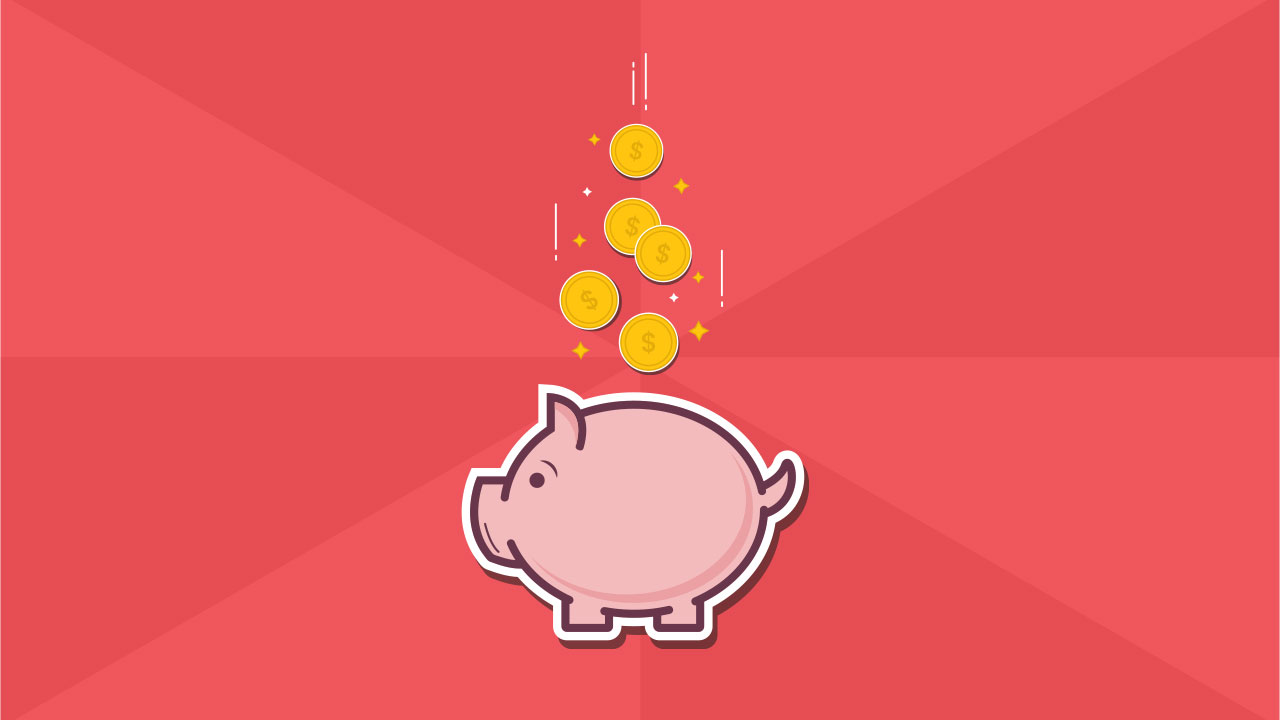"Congratulations, you have just won $5 million!”
Many of us have had that exact dream, though sometimes the numbers are higher. But winning the lottery is just one way in which you could come into money - the chances are higher that you might end up with an inheritance.
Last week, BMO Wealth management released a report that showed that Canada is forecast to see roughly $1 trillion in personal wealth transferring to the next generation between 2016 and 2026, with roughly 70% of this sum in the form of financial assets.
Other ways in which you could come into money include legal settlements from divorce, insurance payouts, sale of businesses, legal settlement from injuries, or earnings from stock market investments.
With a sudden “financial windfall”, defined in the report as “as the unexpected or unplanned acquisition of financial assets that alters the recipient’s financial position”, comes the question of what to do with that money.
“Getting money can be exciting, and it can be emotional, either in a positive or negative way”, says Chris Buttigieg, Director, Wealth Institute, BMO Wealth Management, noting that while winning a lottery is exciting, an inheritance, or a settlement from a divorce might not always be a positive experience.
He points out that while some people may have an impulse to splurge, others might be paralyzed by the change in fortunes. So what should you do once you come into money?
Buttigieg suggests some check points to managing a financial windfall:
Stay calm
The BMO report shows that before receiving a financial windfall, retirement planning, increasing and protecting your wealth and managing taxes were some of the top financial goals that respondents had. However, on imagining a windfall, these goals changed to debt reduction, sharing with family, friends and charity, and investing in stocks, among others.
“Coming into money could change your outlook and goals. It is important to not be overwhelmed and make impulsive decisions, but to slow down, and think about goals and priorities”, Buttigieg says.
Proceed according to a plan
It is important that no matter how much money you have or don’t have, you save according to financial goals. Morningstar director of personal finance Christine Benz points out that setting financial priorities and delaying gratification today in favor of greater rewards at a later date is a challenge that will be with us throughout our lives.
“Goals-based financial planning is important because the process enables you to clearly identify your priorities, and focus your new resources on achieving all of your goals,” Buttigieg says.
Pay off debts
“If you have high-interest-rate credit card or student loan debt, the best return on your money is apt to be paying back the money. After all, you'd be hard-pressed to find a guaranteed return on an actual investment that exceeds the interest you're paying to service the debt,” Benz says.
Keep an eye on taxes
Buttigieg points out that the different vehicles through which you get your financial windfall, will have different tax implications.
“Lottery winnings in Canada are not taxable. Neither is a life insurance payout to a beneficiary. Inheritances are generally not taxable”, he says.
However, there are income tax consequences on bequeathing property. Property left to a surviving spouse can be transferred on a tax-deferred basis with no tax impact to the deceased, commonly known as a ‘spousal rollover’. Property bequeathed to a child or a third party may result in income taxes owing to the deceased’s estate. Any accrued capital gains on a principal residence is exempted from tax to the deceased, whereas accrued capital gains on a bequeathed income property or other properties - such as a cottage or secondary home - is realized and taxable to the deceased.
“Any accrued capital gains on non-registered investment assets will be realized on death and the market value on death of certain registered assets, such as RRSPs or RRIFs, are fully taxable”, Buttigieg says.
Get help – if you need to
“If your windfall represents a large sum - to you, if not in absolute terms - seek out professional advice about what to do with it,” Benz says. She points out that if your questions are largely tax-related, a CPA is likely your best resource; if you have questions about both investing and taxes, a financial planner should be able to address your concerns.
So what would Buttigieg do if he got $5 million today?
“I’d take my own advice, to start with, and plan a successful future for myself and my family. I’d take my family on a nice vacation, and then update my financial plan, allocate some money to my children’s education, maybe revisit my retirement goals,”he says.



















